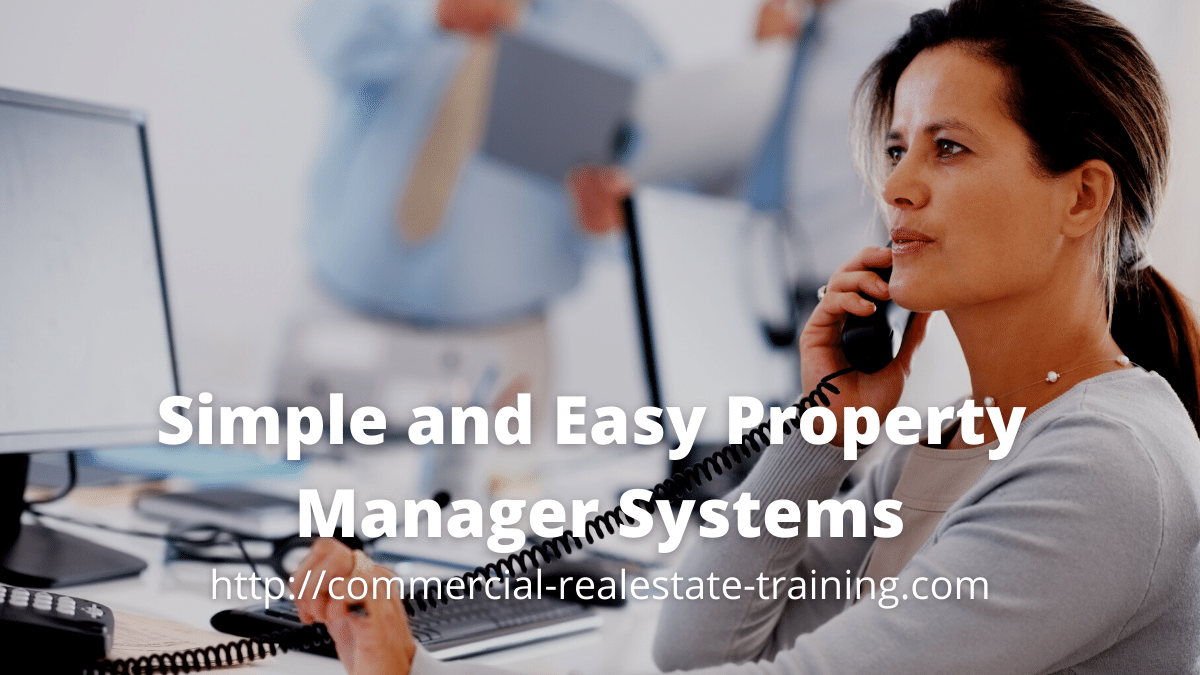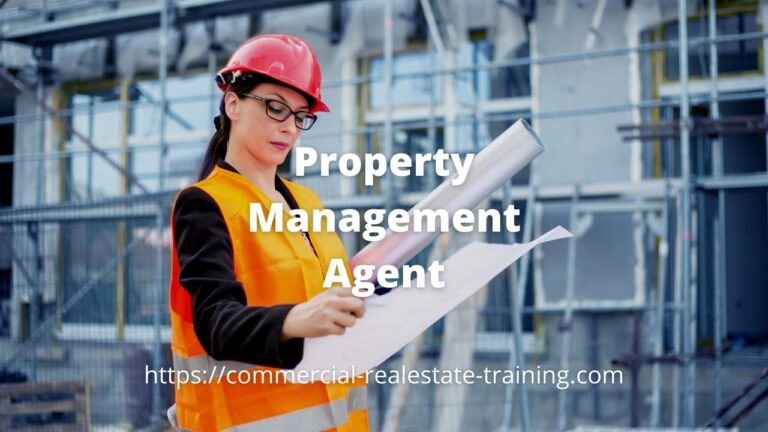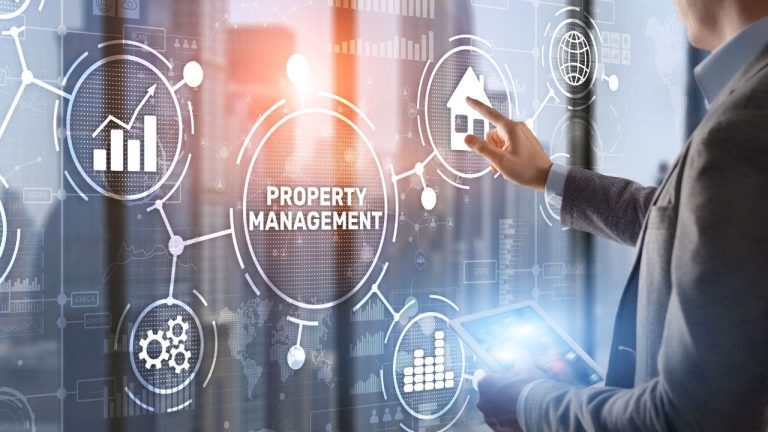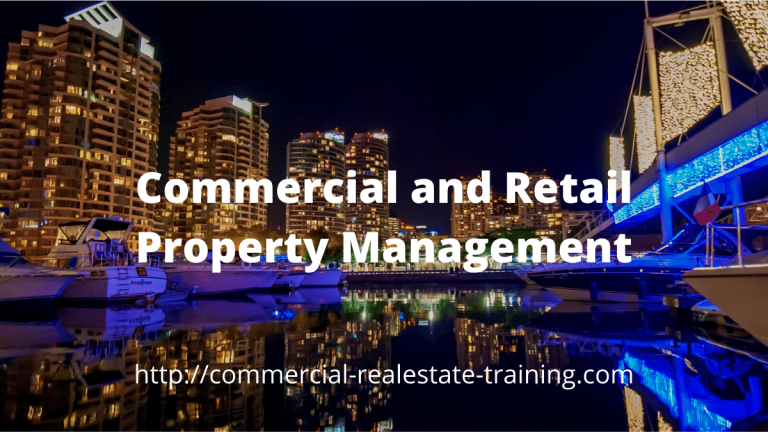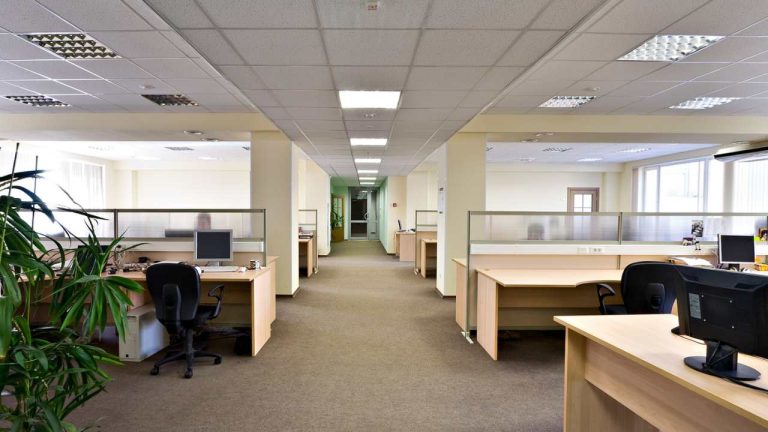A Guide to Commercial Property Management Today
It is easy to misunderstand commercial or retail property management and the important role that it can play in the performance of a property today. It is also easy to misunderstand or underestimate the importance of skill and knowledge when it comes to choosing the right person to be a property manager of important property.
I conducted some specialist workshops in the Asia Pacific region with the property managers and leasing specialists of large office and retail properties. The question raised was, ‘What are the key facts to control each day in property management of larger buildings?’
Everyone had comments to make and their variation on what a good ‘working system’ would be for property managers today. There were just too many issues floating through the conversation and workshop. We had to bring all of that down to a ‘plan’ or ‘guide’ to make sense of things and to help everyone release some pressure from their workplaces.
A Guide to Property Management System Implementation
That is why a guide to commercial and or a full commercial and retail property management plan is needed; it is almost a task specification for all managers to work to each day. There are always plenty of things happening in commercial property management, as well as that of retail and industrial property management.
What happens? Tenants want information or help, landlords want to know what is going on, and the day to day running events of the property will never disappear. When you work in the ‘thick of things’, you must have systems and strategies to work to.
So the ‘trick’ here is to control the day and the property activities within some reason and logical plan. At least half (50%) of your day should be highly controlled. The best part of the day for that is the morning. That then leaves the afternoon for the ordinary things and the unexpected pressures.
Good property managers do this ‘control’ thing very well because they know that it is a big part of progress with their managements and their strategic processes. Don’t just look at property management as a ‘job’. Consider it as the most important strategic service you can offer your clients with their investments. You are the ‘property equivalent’ of a ‘stock broker’. It’s just that you manage the property and know how to bring out the best in the property over time.
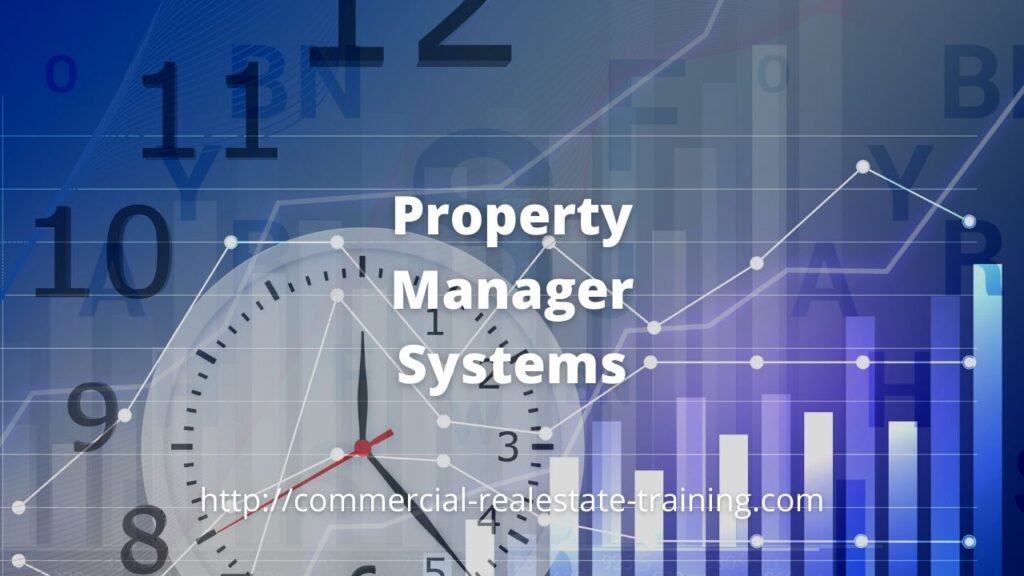
What is Property Management All About Today?
Commercial property management is a number of things that are interwoven into each other. When it comes to property performance for any landlord all the factors of the property should be well balanced. That is why a good and or experienced manager is required to control the services and property tasks for the landlord.
The complexities of a property will involve rentals, income, expenditure, leasing, maintenance, risk controls, budgets, plus a lot more. The larger the property, the more complex the issues.
What are the Control Points for Property Managers?
Ultimately the landlord wants a property that is under control from many different perspectives.
Here are some of the big and important ones to control in providing commercial, industrial, retail, or specialised property management services:
- Rent has to be collected on time and in accordance with the terms of the tenant’s lease. The critical dates of the lease will be important to the process. Make it a part of your business day to check on rental collections and recoveries. Watch for the dates where the rent escalates and or the leases come to an end.
- Arrears management and recovery is part of a quality property management service today. Watching the payment of rents is one important thing for any manager; knowing how to recover unpaid monies is another. Every lease and every tenant should be studied in depth when the rent falls into arrears. Assess matters based on the facts, the documentation, and the future value of the tenant to the occupancy of the property. The question is, ‘Do you want another vacancy in the property, and can you fill that vacancy soon?’ Make recommendations to your landlord client based on those questions and the conditions of the property market today.
- All the leases in a managed property will need to be understood and interpreted to help with the balance of the tenant mix and the leasing strategy. Understanding leases is therefore a key part of a property manager’s job. There are terms and conditions of any lease that will need to be enforced through the year. Landlords covenants and lessee covenants are those terms and conditions that should be complied with. Be careful with the details of any tenancy schedule that you are given; it is likely to be wrong or lacking in some way. When in any doubt on a lease matter, read the lease again.
- Critical dates will come into consideration, as well as the location of any tenant to others in the mix or in the property. Clusters of tenants can be impacted by a vacancy, so consider that impact in any tenant placement or lease renegotiation.
- Standard leases will come in many forms and will be relative to the property owner and the property. Knowing the right lease to negotiate on a property will help with the income and the tenant mix. The idea of a standard lease is that it matches the investment requirements of the landlord.
- Rental types will either be gross or net rent, but there are variations to those rent types and most particularly the outgoings recovery will have an impact on the rent type chosen. Choosing the right rent type based on industry standards relative to the property will help your chances of leasing the property.
- Lease incentives will be part of many lease negotiations today and the incentives could be very different. You will need to know a lot about market rents in your local area and relative to the property type.
- Outgoings are the cost of running the property on a day to day basis. Some of those outgoings can be recovered as part of leasing the premises and knowing the facts around that is critical as it will impact the net income for the landlord or property owner. A good property manager will know how to recover the outgoings in the best way possible and in accordance with the terms of the lease and the leasing laws locally. One thing to remember here is that the operational costs of the property should be in balance with the costs of other properties of a similar type in the location. You do not want nor should you allow the operational costs of a managed property to be too high. It will have an impact on tenant occupancy and potentially lift the vacancy factors or pressures.
- Maintenance costs will need to be controlled at all times. That will involve a budget for income and expenditure. Good financial controls and strategies will be required when it comes to managing any quality property.
- Code compliances relate to the essential services, the operational issues, the approvals given to the property owner for daily occupancy by tenants, and the design of the property. You will need experts to help you with the rules and regulations that apply to property design and code compliance.
- Vacancy management and minimization is a part and parcel of your services that must be provided. If a vacancy exists then it needs to be filled quickly at a realistic market rent. The question to think about here is how you will fill the vacancies and who will you need to get help from to achieve that. Some properties remain vacant for a very long time. A leasing strategy should be developed for the vacancy with certain target markets defined. It is then a matter of reaching out to the targeted tenants and businesses as part of that plan.
- Tenant communications should always be maintained to keep the property stable from a tenant mix perspective. Good tenant communications will reduce the vacancy threat in any property today. It can also be said that vacancy issues and problems will happen in property and at times that will involve the tenants in some way or form. That is why your tenant communications have to be exemplary. Ensure that all tenant communications are recorded in case you have to refer back to telephone calls, meetings, or discussions at a later time.
- The ability to negotiate a lease or the terms of occupancy with a tenant is quite a specialized task. The property manager is required to be centrally involved in any new lease negotiation with new tenants to a property. Only the property manager knows what type of lease negotiation would be appropriate for the landlord’s investment and property targets.
- Property inspections and tenant inspections happen frequently and they are a critical control process to ensure that all things are as they should be. Photographic records and notes should be kept from all property inspections.
So these are some of the bigger facts to consider. A property manager must therefore know how to do these things. When they are correctly provided, a fair and reasonable fee should be paid by the client for this optimal level of control.

